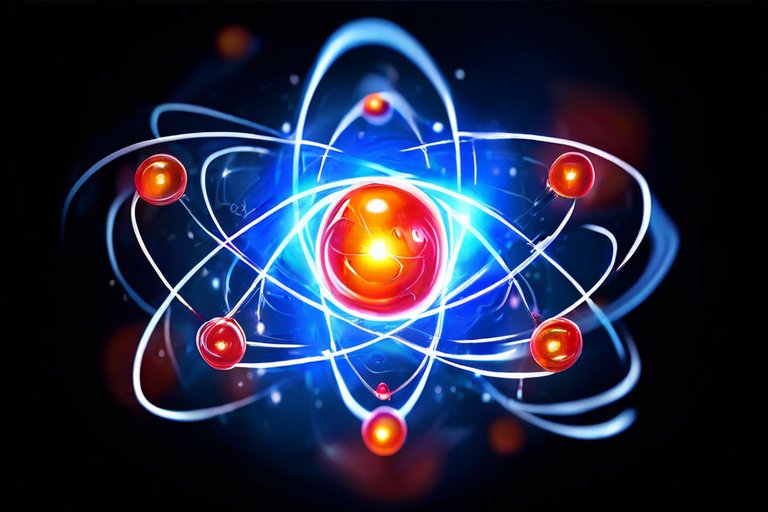Google trusts nuclear.
Google trusts nuclear.

A strategic alliance.
But what makes these SMRs so special.
If you like to read about science, health and how to improve your life with science, I invite you to go to the previous publications.
hive-150329
energy
efficiency
progress
autonomy
technology
nuclear
science
neoxian
creativecoin
ecency
0
0
0.000
0 comments